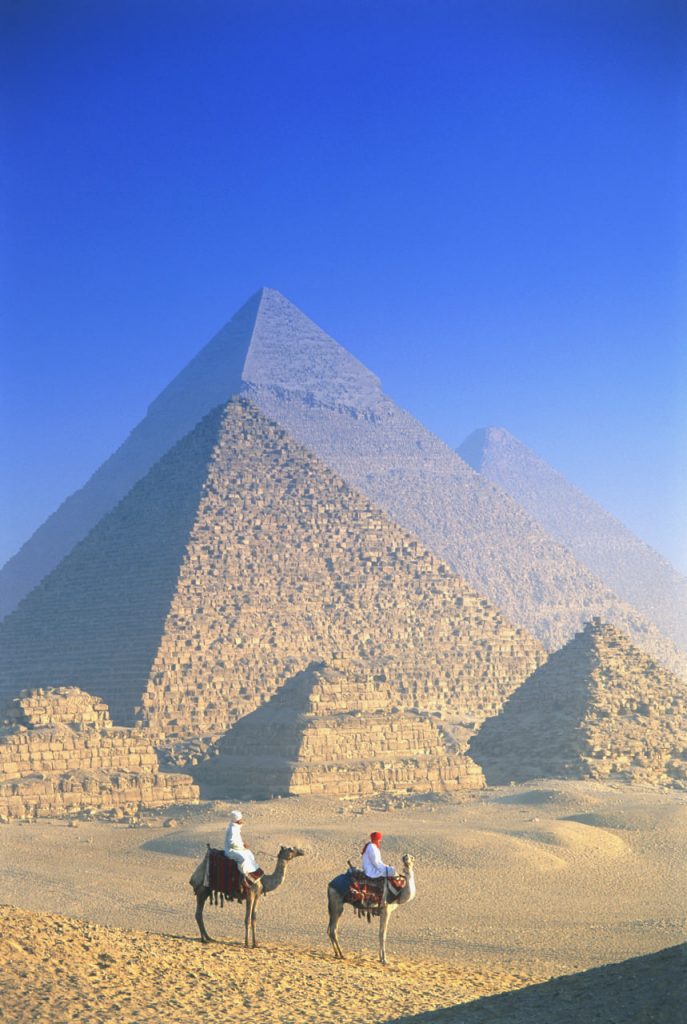Rise & Fall of Great Civilizations
Exploring the triumphs and downfalls of history’s greatest empires.

The Legacy of Civilizations
How ancient empires shaped the modern world.
Innovations & Discoveries
Advances in science, architecture, and governance.
Cultural Influence
The lasting impact on art, language, and traditions.
Rise and Decline
Patterns of growth and collapse throughout history.
Lessons from the Past
History is more than just a record of events—it is a guide to understanding human nature, societal evolution, and the consequences of political, economic, and cultural decisions. Every great civilization has contributed to the progress of humanity, leaving behind invaluable knowledge, groundbreaking innovations, and cautionary tales of mismanagement, conflict, and decline.
From the democratic foundations laid by Ancient Greece to the complex infrastructure of the Roman Empire, these civilizations have shaped the way we govern, communicate, and build societies today. The failures and downfalls of once-mighty empires also serve as reminders that power is fragile, and sustainability depends on adaptability, unity, and wise leadership.
Great Civilizations & Their Fate
Five powerful civilizations and what led to their rise and fall.
A civilization built on the Nile’s bounty and its devotion to the afterlife.
From military dominance to political corruption and collapse.
A golden age of Chinese culture, trade, and eventual isolation.
Scientific advances overshadowed by environmental and social challenges.
Centuries of influence, weakened by internal strife and changing global dynamics.
What Our Readers Say
Reflections on history’s lessons and insights.

“This site opened my eyes to how civilizations evolve and why they fall. Fascinating read!”
James

“Well-researched and engaging! I love how it connects ancient history to modern times.”
Sophia

“A must-read for anyone interested in the patterns of history and their relevance today.”
David
